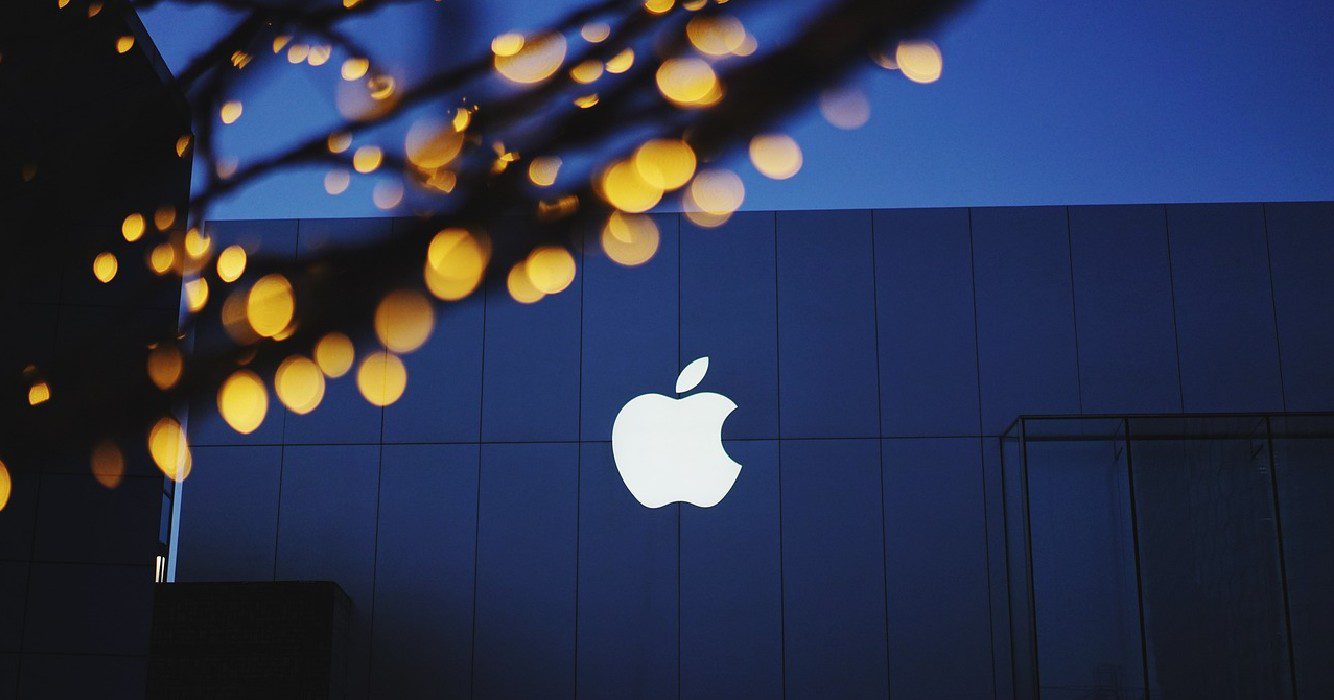Apple has started testing its version of a generative pre-training transformer, informally dubbed “Apple GPT,” in a major move into the AI language model market. This action shows Apple’s aim to compete with existing AI language models, and it could have repercussions for the larger IT sector.
Joining the Fray

The unique products and cutting-edge technologies produced by Apple have long been praised. The tech behemoth joins a market with “Apple GPT” that is marked by notable developments in natural language processing (NLP) and is becoming more and more competitive. Apple’s action points to a wider trend toward using AI to enhance user interfaces and provide customised content and responses.
Apple’s extensive ecosystem

Apple’s extensive ecosystem of devices and applications could enable the integration of “Apple GPT” into a wide range of services, enhancing user experiences and potentially gaining an advantage over standalone AI language models. “Apple GPT” could pose a significant challenge to existing AI language models such as OpenAI’s ChatGPT and Google’s BERT. Apple has historically placed a premium on consumer privacy. Questions are raised regarding how it will handle sensitive user data given its entrance into AI language models. Apple has the potential to change the business if it can offer a potent AI language model while still protecting user privacy.
The creation and testing of “Apple GPT” serve as a reminder of how crucial AI is becoming to the direction of technology. It will be interesting to observe how Apple’s AI language model contrasts to its rivals in terms of accuracy, adaptability, and privacy when it develops and launches it. Finally, by entering the developing field of AI language models with “Apple GPT,” Apple may put current models in competition. Depending on how this plays out, the field of AI-driven language processing may be completely changed, and future technical advancements may be steered in a different way.
A Shift in the AI Landscape
The development and testing of “Apple GPT” underline how crucial AI has become in shaping the future trajectory of technological advancements. Apple’s entry into the AI language model market is more than just a new product introduction—it’s a strategic move that could redefine the competition and innovation landscape in AI.
As “Apple GPT” continues to evolve, it will be interesting to see how it compares to its competitors in key areas such as accuracy, adaptability, and data security. With each major player focusing on different strengths—be it Google’s emphasis on information retrieval with BERT or OpenAI’s focus on dialogue through ChatGPT—Apple’s approach will likely be closely watched for its unique differentiators.
The Future of AI-driven Language Processing
By stepping into the burgeoning field of AI language models, Apple is positioning itself to influence the trajectory of future advancements in natural language processing. Whether “Apple GPT” will directly challenge or surpass existing models remains to be seen, but its introduction adds another dimension to the competitive landscape.
If Apple succeeds in leveraging its vast ecosystem and reputation for privacy to deliver a language model that meets consumer expectations, it could prompt other players in the market to rethink their strategies. This shift could lead to a greater emphasis on privacy-focused AI developments, ultimately steering the industry in a new direction.
In conclusion, Apple’s testing of “Apple GPT” represents a strategic expansion into the world of AI language models, with the potential to disrupt the current market and redefine the competitive landscape. How this plays out could have far-reaching implications, not just for Apple but for the future of AI and the entire tech industry. As this technology continues to develop, it will be fascinating to observe the outcomes and the subsequent impact on the broader AI landscape.


